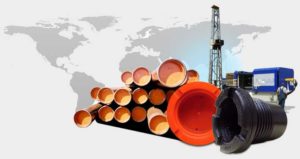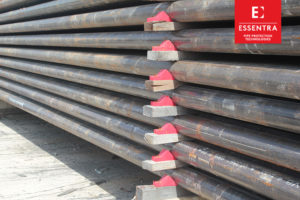Pipes serve as the lifeline for various industries, transporting vital resources such as oil, gas, and water across vast distances. However, these essential conduits are not impervious to damage. Whether caused by external factors like corrosion, environmental conditions, or internal issues such as pressure fluctuations or mechanical stress, pipe damage can have far-reaching consequences on operational efficiency.
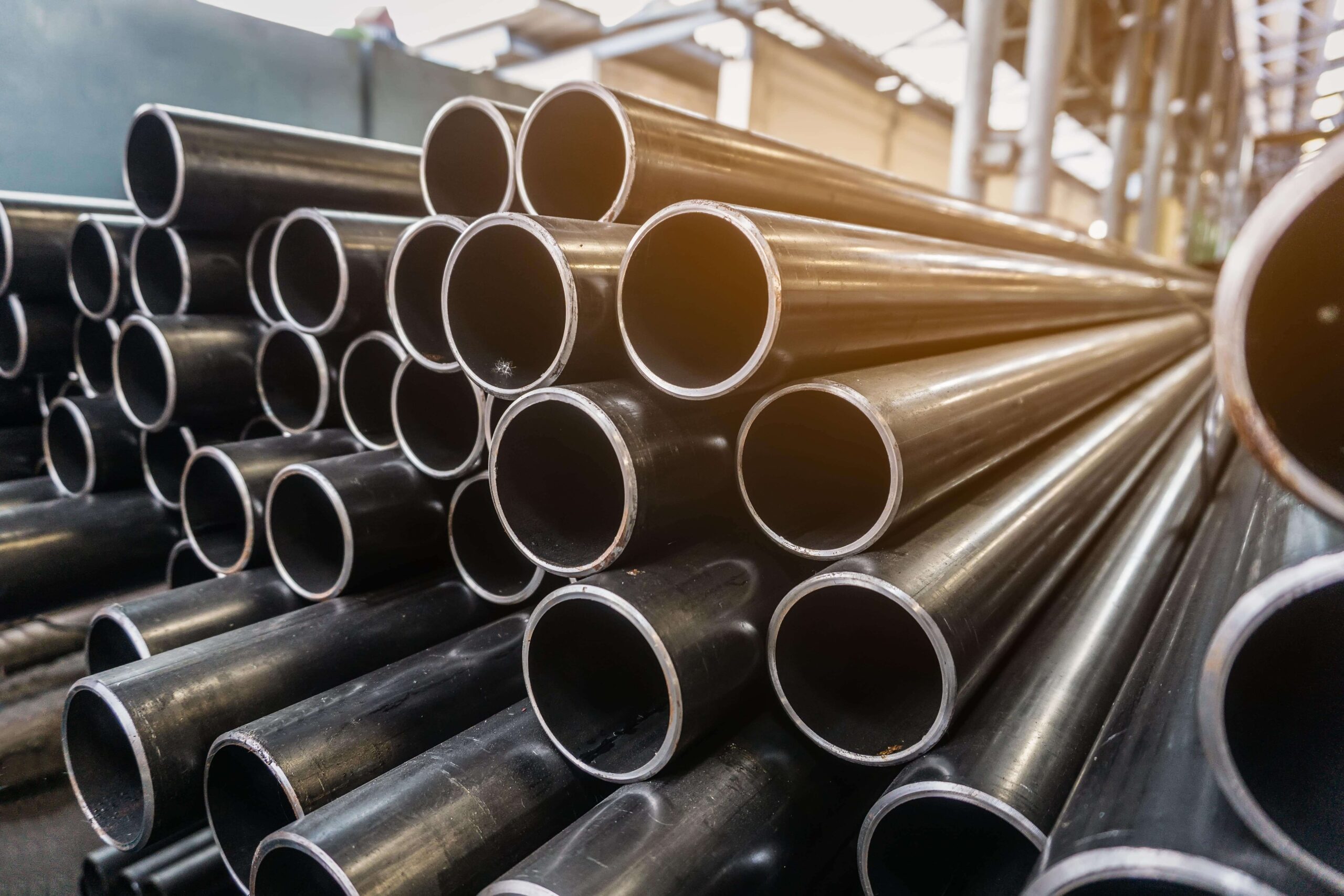
The repercussions of compromised pipes are manifold, from disruptions in the supply chain to costly repairs and safety hazards. In this blog, we delve into the profound implications of pipe damage on operational efficiency, shedding light on the importance of proactive measures and reliable pipe protection systems in mitigating these risks.
By understanding the significance of safeguarding pipes, we can ensure the uninterrupted flow of resources and optimize the overall productivity of industries reliant on this critical infrastructure. The following can happen as a result of damaged pipes.
Disruption of Services
Pipe damage can disturb the flow of various services, such as water, gas, oil, or sewage. This can affect residential, commercial, or industrial areas, causing inconvenience, financial losses, and potentially compromising health and safety.
Downtime and Loss of Productivity
When pipes are damaged, it often requires shutting down the affected system or facility to perform repairs. This can result in downtime, halting production or operations, and leading to financial losses. In manufacturing, construction, or energy industries, where continuous operations are crucial, pipe damage can severely impact productivity.
Environmental Impact
Depending on the type of pipe and its contents, damage can lead to environmental pollution. For instance, ruptured oil or chemical pipelines can cause spills, contaminating soil and water and endangering ecosystems and wildlife. Cleaning up such incidents can be costly and time-consuming.
Safety Hazards
Pipe damage can pose safety risks to workers, occupants, and the general public. Leaking pipes may release hazardous substances or create slippery surfaces, leading to accidents, injuries, or even explosions. Additionally, damaged pipes can weaken the structural integrity of buildings or infrastructure, increasing the risk of collapses or other accidents.
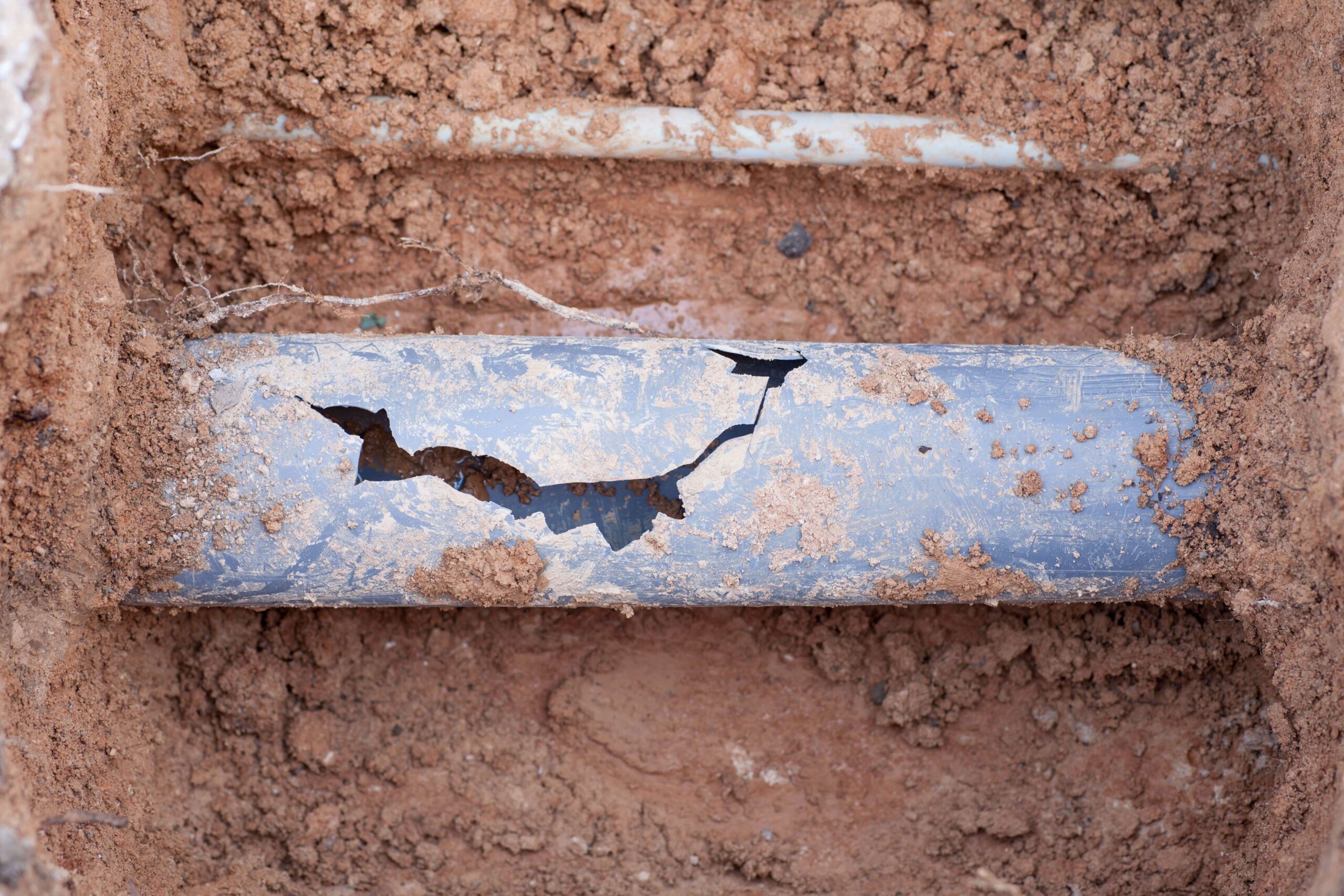
Financial Costs
Repairing or replacing damaged pipes can be expensive, especially if the damage is extensive or affects critical infrastructure. Apart from the direct costs of repairs, indirect costs may be associated with the loss of revenue, lawsuits, fines, and environmental remediation efforts.
Reputation and Customer Confidence
Organizations that experience pipe damage and subsequent service disruptions may suffer reputational damage. Customers and stakeholders may need more confidence in the ability of the organization to provide reliable and uninterrupted services, impacting its reputation and potentially leading to a loss of customers or business opportunities.
To mitigate these impacts, it is important to have regular maintenance programs in place, perform inspections, and promptly address any signs of pipe damage. Additionally, implementing contingency plans, emergency response protocols and investing in robust infrastructure can help minimize the impact of pipe damage on operations.
Invest in Pipe Protection to Avoid Pipe Damage
Pipe protection using parts like thread protectors, pipe chocks, bumper rings, and packaging frames is important to ensure the integrity and safety of pipes during transportation, storage, and handling.
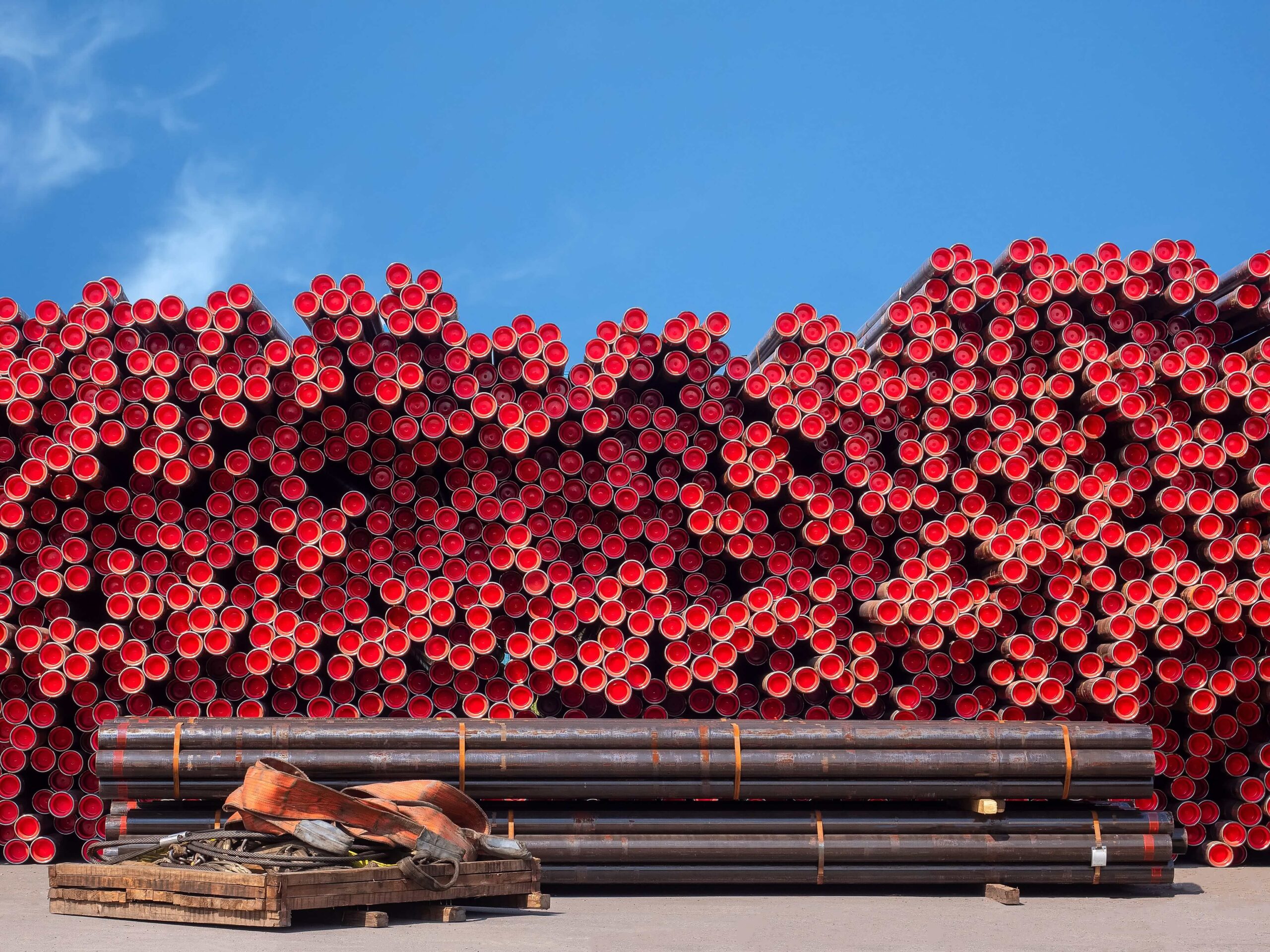
Pipe Chocks
Pipe chocks secure and stabilize pipes during transportation and storage. They are usually made of rubber or other resilient materials and placed between individual pipes or bundles. They provide stability and prevent potential accidents or pipe-on-pipe contact that could result in dents, scratches, or other forms of damage.
Bumper Rings
Bumper rings, also known as pipe bumper guards or pipe cushions, are protective rings placed around the external circumference of pipes. They help protect the pipe surface from dents, scratches, and other physical damage.
Packaging Frames
Packaging frames are structures or frames that hold and support pipes during storage and transportation. They are typically made of metal or wood and are designed to provide a secure and stable framework to prevent pipes from shifting or rolling. Packaging frames help distribute the weight evenly, minimize stress on the pipes, and protect them from potential damage during handling, stacking, or loading/unloading operations.
Pipe Protection Products at MSI
When used together or individually, these pipe protection components maintain the quality, integrity, and longevity of pipes. These protective measures can significantly reduce the risk of thread damage, surface abrasion, impact damage, or other forms of pipe degradation. Proper pipe protection practices ensure that pipes arrive at their destination in optimal condition, are ready for use, and help minimize the need for repairs or replacements.
MSI offers reliable solutions for safeguarding pipelines against potential damage and ensuring their longevity. MSI is at the forefront of pipe protection innovation with a wide range of high-quality products, cutting-edge technology, and industry expertise.
Don’t compromise on the safety and durability of your investments. Take action today and explore the diverse range of pipe protection products offered by MSI to secure a brighter and more efficient future for your pipeline systems. Reach out to us if you need assistance.

